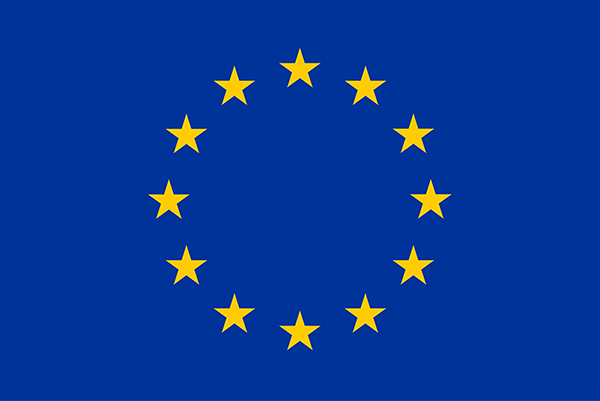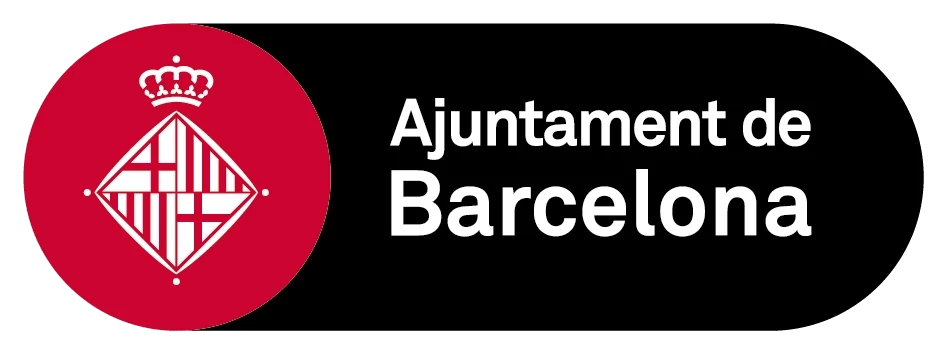Nieuws en updates
Laatste nieuws over SMILES
Media Literacy and Teacher Training in the Irish Context
In recent years, Ireland has achieved important advancements in relation to Media Literacy. Following the launch of its first Media Literacy policy in 2016, an association called Media Literacy Ireland was established to bring together individuals and organszations to help promote the subject across the country. Since then, national campaigns have been designed and implemented with the participation of key stakeholders, including government institutions, media companies, and academia. In the educational system, a Digital Media Literacy short course was developed, and schools can use it as part of the Junior Cycle programme, which comprises the first three years of secondary schooling. Teaching and learning resources have also been developed by government bodies and independent organisations, and most of them are available online and can be easily accessed by educators.
Despite all these improvements, some issues remain as obstacles for the development and promotion of media literacy activities around the country. One of them is teacher training, especially in primary and secondary education. In higher education, most Universities have yet to realize the importance of introducing media literacy topics (especially digital media) in the Professional Master of Education (PME) programme, which is a required qualification for anyone wishing to work as a post-primary teacher in the country. In Trinity College Dublin, I designed a class on Semiotics, Multimodality and New Literacies and since 2016 I have been teaching it as part of the ICT in Education discipline. In this class, I introduce students to key concepts of Media Literacy, such as meaning making, multimodal communication and digital literacy practices. Participants discuss these concepts in groups and use what they learned to design an educational website.
Overall, the response from student teachers has been very positive, and they have increasingly accepted and appreciated the fundamental connections between education and digital media in the 21st Century classroom. Moreover, in this process they understand how the use of digital media goes beyond the technical aspects of the technology, embracing a broader understanding of media and communications theories and practices. The idea is that once they finish the programme and become secondary teachers, they integrate these media literacy elements into their teaching practice.
However, we know that Media Literacy is a very broad set of knowledge, skills, and practices, so even if we provide some initial training for student teachers, they will still require further training down the line as continuing professional development. That is another issue that we still have to resolve in Ireland. Even though there has been a significant increase in awareness of the importance of providing training for teachers, librarians, and other professionals who work with youngsters, in primary and secondary education, teacher training in Media Literacy is almost non-existent.
But there are some exceptions. One of them is the support that Digital Media Literacy has received from Junior Cycle for Teachers (JCT), a teacher professional learning support service of the Irish Department of Education. Through the Arts in Junior Cycle programme, JCT collaborate with media partners – including media literacy educators – to co-design learning experiences to support teachers. I recently had the opportunity to collaborate with them in the design and delivery of two media literacy workshops.
The first workshop, open to teachers from any subject area, was focused on the concept of editing as a literacy practice, discussing with participants the many ways in which meaning is created through digital media storytelling. The second one was specific for educators who are already teaching or have an interest in teaching the Digital Media Literacy short course. This workshop was called checking the facts and was focused on the analysis of digital media images and texts.
These experiences have shown that there is a genuine interest from many teachers to advance their knowledge in many aspects related to Media Literacy, and they really value this kind of training. Even though the workshops were online, they were organized in a way so as to allow students to collaborate in teams and carry out practical activities. And this is certainly the most positive aspect of the learning experience: get teachers to discuss, collaborate, create and deliver what they produced in their teams. These practical and collaborative aspects are even more important in face-to-face interventions.
The feedback we received from participants was very positive. It is important to realize that, even though teachers have free access to many teaching resources, in many cases they lack the necessary knowledge and skills to use these resources appropriately, and that is why these training sessions are so important. There has been a growing interest in the subject among teachers, educators, librarians, academics, and policymakers, and I believe that this is the right time to push for a systematic training programme for teachers in the country.
---
Ricardo Castellini da Silva, Media Literacy Educator and Post-Doctoral Researcher in DCU Anti-Bullying Centre, Ireland
Article reposted with permission from Media & Learning Association



